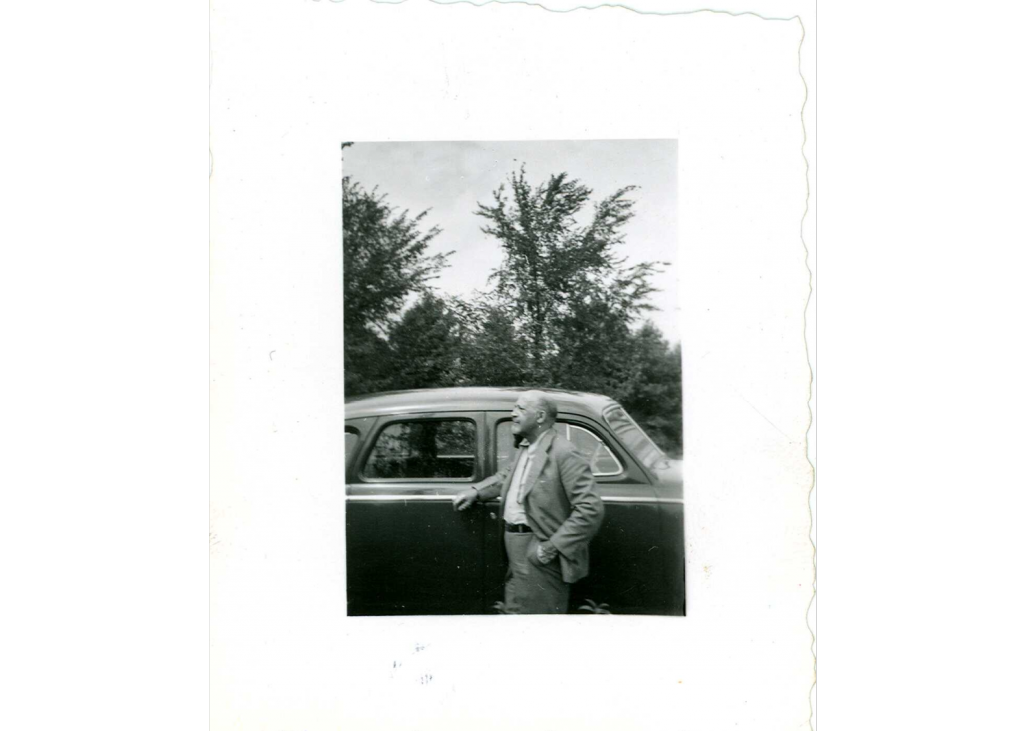
Dear Reader,
William Edward Burghardt Du Bois (“Du Bois” rhymes with “Joyce”) was born in Great Barrington, MA three years after the Civil War ended on February 23, 1868. (Lewis, 11) He died 95 years later on August 28, 1963, the day before the March on Washington. (Autobiography, 289) During his life he wrote or edited over 36 books and hundreds of articles.
He wasn’t only a writer. Dr. Du Bois was a professor and an activist, too. He was a co-founder of the NAACP and the Niagara Movement. (Autobiography, 284-85)
His ideas that “all art is propaganda,” “the talented tenth” and so many others were relevant at the time he wrote them and are still relevant now. And yet, he was also always open to changing his mind.
The letters on this site show the work that took place behind Dr. Du Bois’s public persona. Here we see him as a father, a husband, a friend, a grant applicant, and a public figure responding to thousands of letters from people he may have never met.
One reason Dr. Du Bois wrote so many letters was that he spent a lot of time traveling. We have the opportunity to see into his private relationships with friends and family because he spent so much time apart from them, traveling for research or relaxation.
On this site, his letters fall into three categories: those he wrote as a friend, professional, and family member. Each letter is also paired with a trumpet recording of one of fifteen Sorrow Songs from The Souls of Black Folk (1903).
Compared with his published works, Dr. Du Bois’s letters foreground his humor and thoughtfulness. He puts a remarkable amount of care in composing a letter for one other person to read. These glimpses behind “the Veil” help us feel closer to understanding who he was as a person. Ultimately, by helping us get to know Dr. Du Bois, these letters help us better understand the grand ideas he shares in his public writing and trace their evolution over time.
Happy playing,
Laura Richards
Smith College 2022